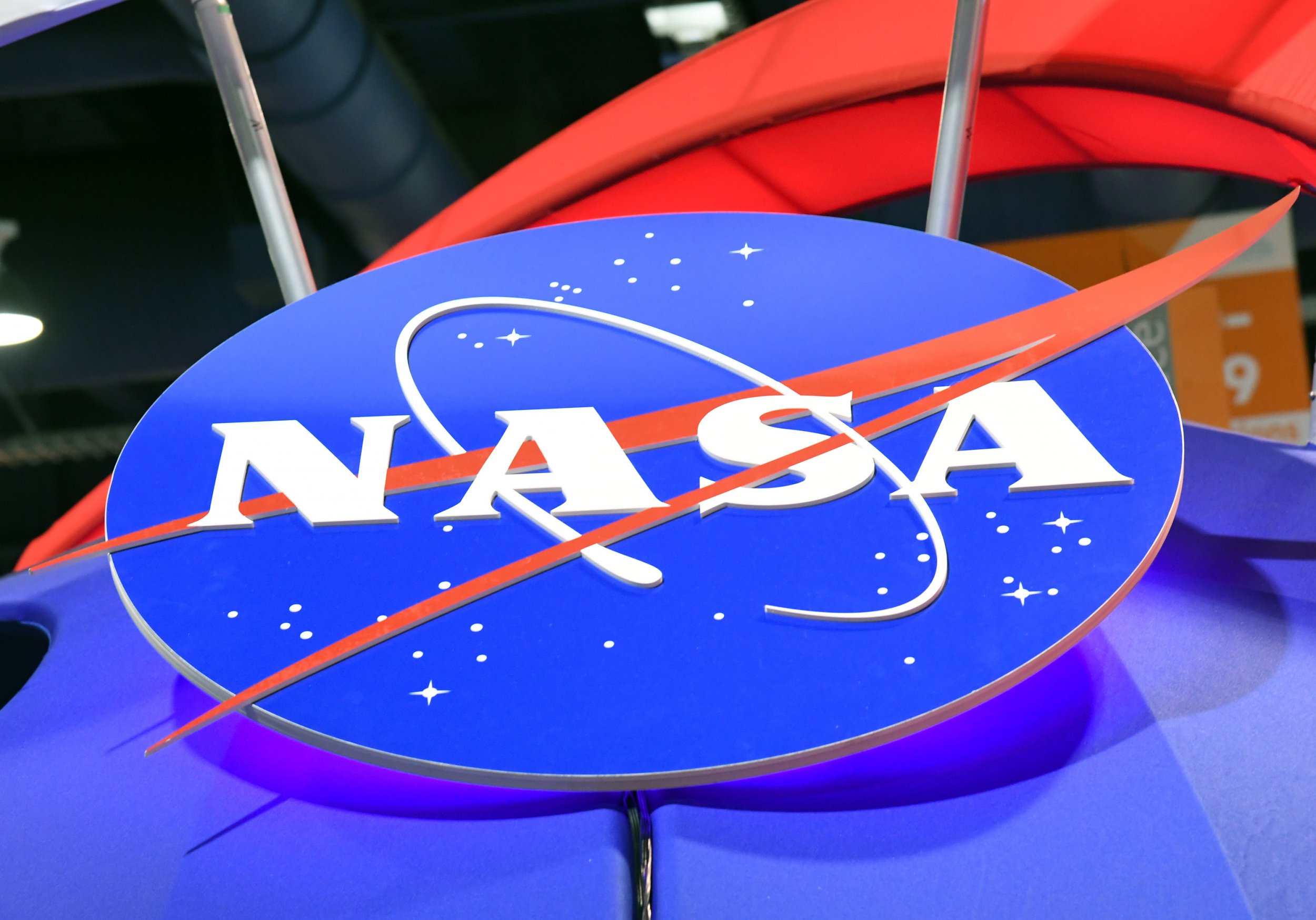
A NASA scientist suggested that aliens may have already visited earth but evaded detection due to their appearances being vastly different from human expectations.
In a research paper released Monday, Silvano Colombano, a researcher at NASA's Ames Research Center in Mountain View, California, argued that humanity should broaden their understanding of extraterrestrials, such as them being carbon-based organisms.
"I simply want to point out the fact that the intelligence we might find and that might choose to find us (if it hasn't already) might not be at all produced by carbon-based organisms like us," he wrote.
"I think we need to re-visit even our most cherished assumptions" in order to be more "flexible," Colombano explained.
According to the researcher, humanity's current assumptions of intelligent life would have to be greatly altered if his suggestion of non-carbon based extraterrestrials turned out to be true. "Our typical life-spans would no longer be a limitation (although even these could be dealt with multi-generational missions or suspended animation), and the size of the 'explorer' might be that of an extremely tiny super-intelligent entity," he theorized.
"If we adopt a new set of assumptions about what forms of higher intelligence and technology we might find, some of those phenomena might fit specific hypotheses, and we could start some serious enquiry," Colombano said.
Within the two-page document, Colombano also considers the possibility that aliens could be so far developed, humans may not even be able to comprehend their technology.
"If we adopt a new set of assumptions about what forms of higher intelligence and technology we might find, some of those phenomena might fit specific hypotheses, and we could start some serious enquiry," he suggested.
"Considering further that technological development in our civilization started only about 10K years ago and has seen the rise of scientific methodologies only in the past 500 years, we can surmise that we might have a real problem in predicting technological evolution even for the next thousand years, let alone 6 Million times that amount!"
In an email to Newsweek, Colombano explained that the aliens could "ultimately be robotic" in nature.
"I basically mean that 'evolved' intelligent life could well ultimately be robotic in nature, thus throwing into question all typical assumptions we need to make about organisms," he said.
This story was updated to include comment from Colombano.
Uncommon Knowledge
Newsweek is committed to challenging conventional wisdom and finding connections in the search for common ground.
Newsweek is committed to challenging conventional wisdom and finding connections in the search for common ground.
About the writer
To read how Newsweek uses AI as a newsroom tool, Click here.








